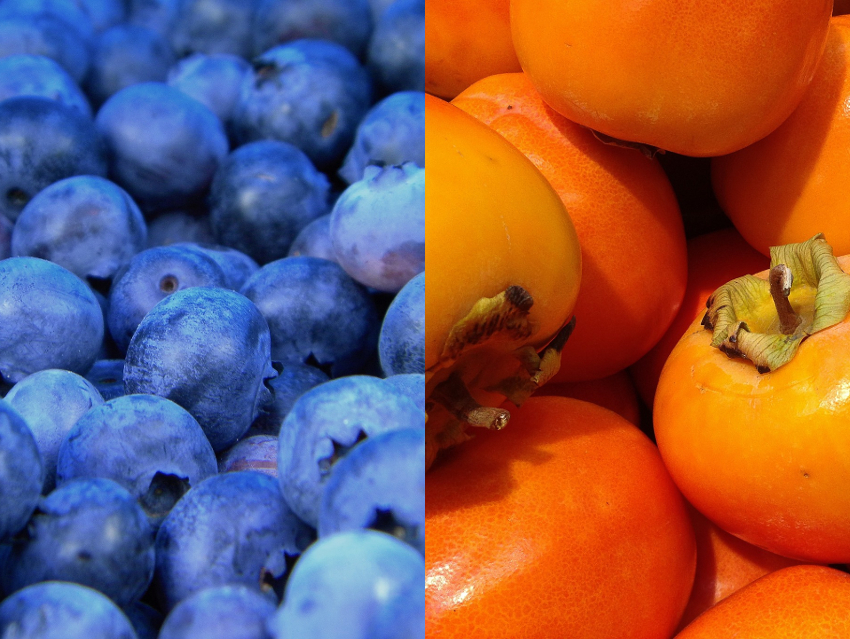Using waste and byproducts from food production instead of throwing them away could improve sustainability in the food industry and reduce its environmental impact. Powders from fruit and vegetable processing wastes, for example, often contain beneficial compounds with antioxidant properties such as polyphenols and carotenoids, as well as dietary fiber. However, the effects of processing and digestion need to be understood to judge the benefits of fruit and vegetable powders on nutrition.
Noelia Betoret, Polytechnic University of Valencia, Spain, María José Gosalbes, University of Valencia and Center for Biomedical Research in Epidemiology & Public Health (CIBERESP), Madrid, both Spain, and colleagues have prepared powders from persimmon and blueberry wastes and investigated how the drying process and digestion affect the release of antioxidants and other bioactive compounds. The team also studied the effects of the digested powders on gut bacteria. The powders were prepared from byproducts such as peel and pulp by freeze-drying or air-drying, followed by milling.
The team performed in vitro simulations of digestion using human saliva and simulated gastric and intestinal fluids containing digestive enzymes. After this process, they measured the powders’ antioxidant properties, the carotenoid content of the persimmons powders, and the amount of anthocyanins (a type of polyphenol pigment) in the blueberry powders. They found that the type of powder and the drying method influence the release of antioxidants during a simulated digestion. For example, blueberry powders have significantly better antioxidant properties than persimmon powders due to differences in the fruits. Freeze-drying blueberry wastes preserves more anthocyanins, but these are more easily degraded during digestion than those in air-dried samples.
The researchers also added the predigested powders to cultures of gut bacteria from fecal samples and analyzed the resulting bacterial populations after 24 h. They found that the presence of predigested fruit powders led to an increase in several types of beneficial bacteria. The team attributes this to selective effects of polyphenols and dietary fiber on different fecal bacteria. They conclude that blueberry and persimmon waste powders could be included in food formulations to improve the content of carotenoids and anthocyanins, which could have positive health effects.
- Valorization of Persimmon and Blueberry Byproducts to Obtain Functional Powders: In Vitro Digestion and Fermentation by Gut Microbiota,
Claudia Bas-Bellver, Cristina Andrés, Lucía Seguí, Cristina Barrera, Nuria Jiménez-Hernández, Alejandro Artacho, Noelia Betoret, María José Gosalbes,
J. Agric. Food Chem. 2020.
https://doi.org/10.1021/acs.jafc.0c02088


